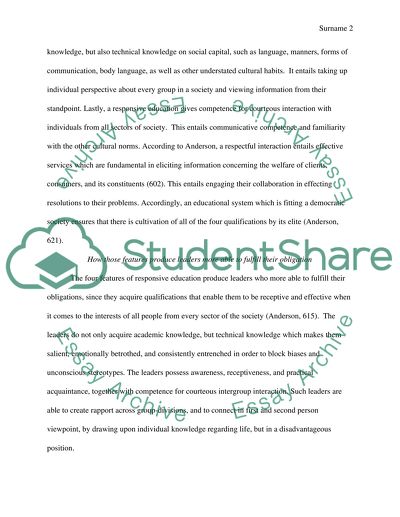Cite this document
(“Plato's Republic and Hobbes Leviathan and Elizabeth Anderson Essay”, n.d.)
Plato's Republic and Hobbes Leviathan and Elizabeth Anderson Essay. Retrieved from https://studentshare.org/history/1463734-platos-republic-and-hobbes-leviathan-and-elizabeth-anderson
Plato's Republic and Hobbes Leviathan and Elizabeth Anderson Essay. Retrieved from https://studentshare.org/history/1463734-platos-republic-and-hobbes-leviathan-and-elizabeth-anderson
(Plato'S Republic and Hobbes Leviathan and Elizabeth Anderson Essay)
Plato'S Republic and Hobbes Leviathan and Elizabeth Anderson Essay. https://studentshare.org/history/1463734-platos-republic-and-hobbes-leviathan-and-elizabeth-anderson.
Plato'S Republic and Hobbes Leviathan and Elizabeth Anderson Essay. https://studentshare.org/history/1463734-platos-republic-and-hobbes-leviathan-and-elizabeth-anderson.
“Plato'S Republic and Hobbes Leviathan and Elizabeth Anderson Essay”, n.d. https://studentshare.org/history/1463734-platos-republic-and-hobbes-leviathan-and-elizabeth-anderson.


